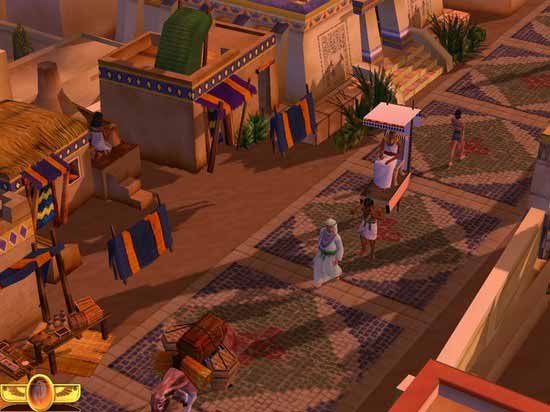The machine slowly comes to life, the sound of whirring fans and arcane instruments powering up to a deafening howl. Then a blinding flash of incandescence, a painful sense of sudden detachment from where and when you were. Also all your clothes are apparently gone, unfortunately burnt away by the paradox. Uh-oh.
Yes, playing Dragon Age is like taking a trip back in time. Not back to the pseudo-historical-yet-entirely-fictional fantasy universe it is set in, because it never happened! I’m telling you, all that conspiracy theory stuff about William the Conqueror using dragons at Hastings is completely bogus. I was there, it never happened, no chance.
No, the time it takes you back to is around 2004, when the game was first announced. It was an extended development process, and as is often the case, elements of the game feel dated as a result. But mostly in a good way. While Bioware took things off in a completely different direction with the Mass Effect series, all streamlined, shiny sci-fi action, Dragon Age is much more of an RPG throwback. → For I have come to turn a man against his father, a daughter against her mother, a gamer against their game.


